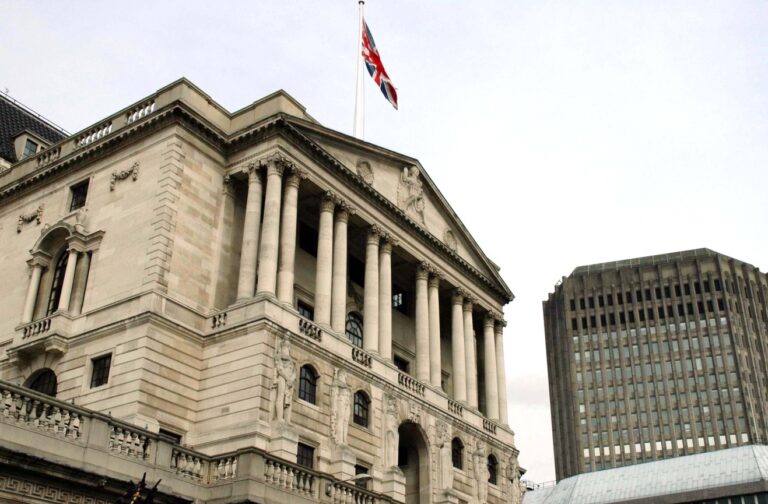On Wednesday, September 20, Jerome Powell of the Federal Reserve announced a halt to rate hikes, the Fed therefore will not raise its interest rates, at least for the time being. This was echoed by the central banks of Switzerland and the United Kingdom.
In contrast, the ECB announced new price increases on Thursday, September 14, followed by Sweden and Norway.
Table of Contents
FED poised for new increases
In announcing the Federal Reserve’s temporary halt to interest rate hikes, Jerome Powell said the Fed is ready to proceed with new hikes in the future if they are needed and to maintain sufficiently restrictive rates for as long as necessary to curb the run-up in inflation.
With this in mind, the president of the U.S. Central Bank anticipated a temporary halt to the FED’s rate hikes. Which, at least for the month of September will maintain current rates. Thus not ruling out the possibility that there may be new increases in the future.
BoE confirms rates
The Bank of England also decided not to proceed with new increases, keeping the interest rate at 5.25 percent.
The decision came following a highly controversial vote that saw the board divided with the pro-stop front slightly ahead of the naysayers who instead proposed an additional 25 basis points by which the rate would rise to 5.5 percent.
In the end, the board voted with 5 votes in favor of stopping and 4 votes in favor of new increases. So by a majority of one vote, the sto line triumphed.
According to BOE experts, inflation is expected to return to target growth of 2 percent no earlier than the second half of 2025.
Switzerland also confirms rates
Contrary to expectations, the Swiss Central Bank also maintained its interest rate without proceeding with any new increases. The National Bank’s interest rate remained at 1.75 percent.
According to the Swiss bank’s experts, the level of inflation for 2022 is low enough and a growth of 2.2 percent is expected for 2023 and 2024. Therefore, no further corrective action is needed.
Switzerland also expects GDP growth in 2023 to be in the range of 1 percent. This is a positive figure that could be at risk with further interest rate hikes.
The Swiss Central Bank’s decision, however, comes against all odds. With experts in fact expecting a hike of at least 25 basis points such that the overall rate would rise to 2 percent.
Sweden and Norway raise rates
Unlike the FED, BOE and Swiss National Bank, the central banks of Sweden and Norway opted for the hard line by activating new interest rate hikes.
In fact, the Swedish Central Bank decided to raise the interest rate to 4 percent. This is the highest since 2008, with a 25 basis point increase. Also along the same lines was Norges Bank. Which raised the rate to 4.25 percent with a 25 basis point increase.
The reason for this decision by the Scandinavian banks is due to the contraction of their economies, which in Sweden saw a decline of 0.8 percent and a still very high level of inflation.
In Norway, inflation in June was still above 7 percent and expectation see it to fall below 5 percent no earlier than 2024.
ECB also proceeds with new price increases
The ECB, like the Bank of England, also saw its directorate split over the decision. However, unlike the BOE, the European Central Bank, saw, by a few votes, the triumph of the hard line. And the triggering of new price increases at its meeting on September 14.
However, it remains unknown what will happen the future. According to some experts, the next ECB meeting may in fact see a victory of the front of those opposed to new price increases.












